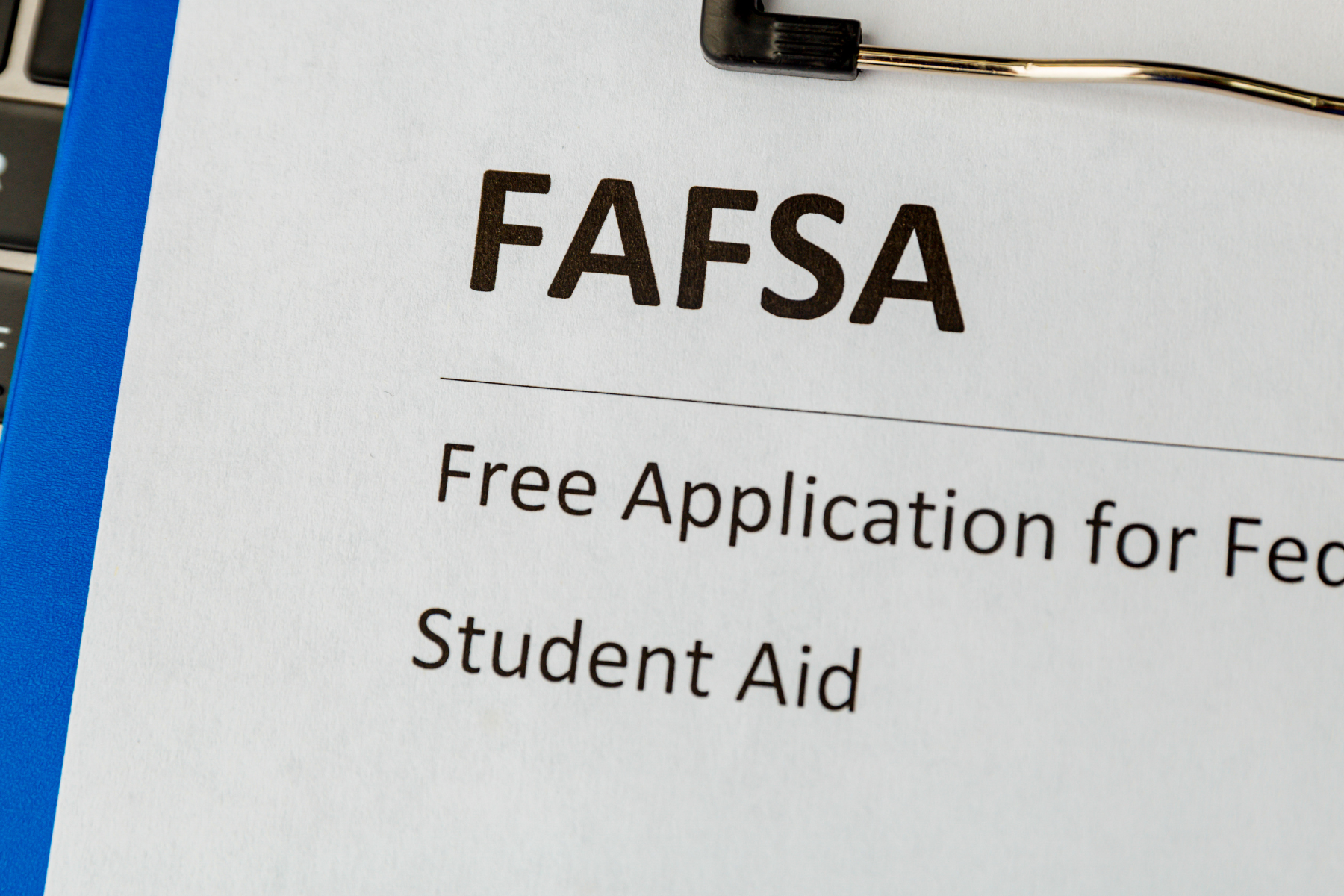Policy Reports
Today's Students Deserve Their Fair (Data) Share
Introduction Postsecondary credentials are a good investment for individuals, families, and communities. Yet college tuition and fees have increased at a much faster rate than financial aid. As college costs continue to rise, along with food and housing prices caused by inflation, students still need to meet the most basic necessities of living. But meeting…
Short-Term Pell: Expanding Opportunity and Widening Pathways for Today's Students
Introduction For over 50 years, the Pell Grant, a cornerstone of federal financial aid for today’s students, has supported millions in accessing higher education. In the 2021-22 academic year alone, 6.1 million students utilized the Pell Grant to take one step closer to reaching their educational and career goals. As the cost of postsecondary education…
The Numbers Speak for Themselves: Using FAFSA Data to Secure Today's Students' Basic Needs
Numbers Speak Basic needs insecurity adversely affects students’ well-being, as well as their college persistence and completion. Research shows that food and housing insecurity are contributing factors to lower graduation rates. Higher education funding alone is not enough to meet those needs. One solution is to ensure students access all available financial support, including means…
Back to Basics: Solving Today’s Students’ Food, Housing, and Basic Needs Insecurities
The Basic Facts on Unmet Essential Needs A recent study found that three in five college students experienced insecurity in meeting their basic needs, such as housing and food. However, many federal safety net policies designed to support Americans in need were not created with today’s postsecondary students in mind. Research now shows today’s…
Satisfactory Academic Progress: Making Financial Aid Work for Today’s Students
A satisfactory academic progress, or SAP, reset can make college more affordable for low-income Americans, especially the 39 million with some college and no credential (SCNC) population. Higher Learning Advocates’ analyzed how in a new higher education policy brief, Satisfactory Academic Progress: Making Financial Aid Work for Today’s Students. In the brief, we highlight how…
Higher Education Policy Toolkit
Education creates opportunities and is integral to maintaining America’s globally competitive economy. An educated workforce begins in local communities and expands to the state, the nation, and the world. Higher Learning Advocates higher education policy toolkit for the 118th Congress focuses on connecting opportunity, supporting students, and delivering value with solutions to help strengthen our nation’s…
Online Program Managers (OPMS): Ensuring Quality & Protecting Innovation
Over the last two years, the COVID-19 pandemic and the changing needs of today’s students have necessitated an unprecedented shift towards online learning. Institutions of higher education were able to meet this demand partially due to online program management entities, or OPMs. OPMs are service providers which work through contracts with universities to bring academic…
Outsourcing Online Programs: Policy Options for OPM Oversight
As a form of outsourcing in higher education, online program management (OPM) is not remarkable. Universities regularly, and with little fanfare, outsource many functions that used to be done in-house. Bookstores, dining halls, housing facilities, parking garages, and housekeeping are all part of the outsourcing model in American higher education. This brief is intended to…




